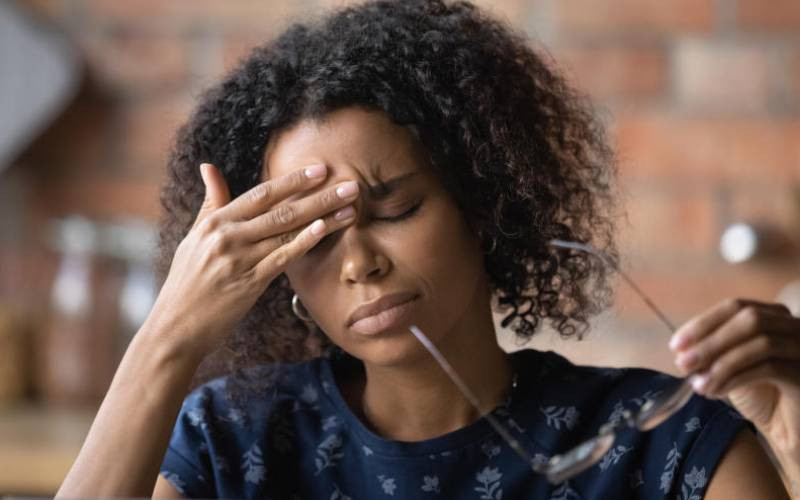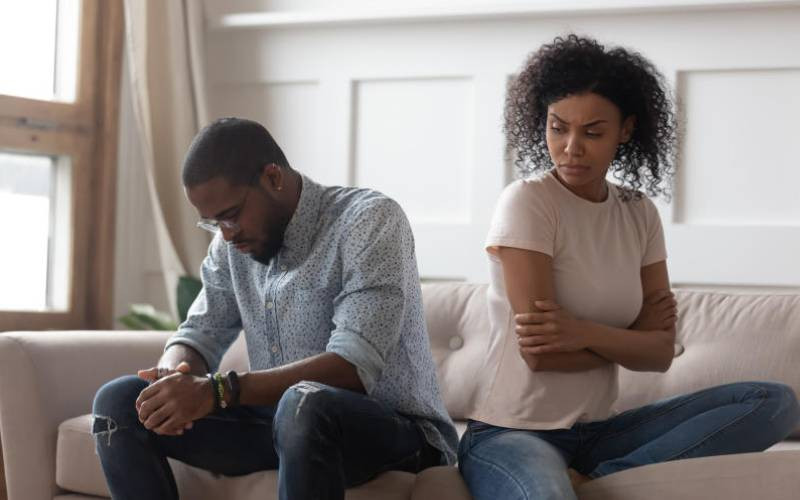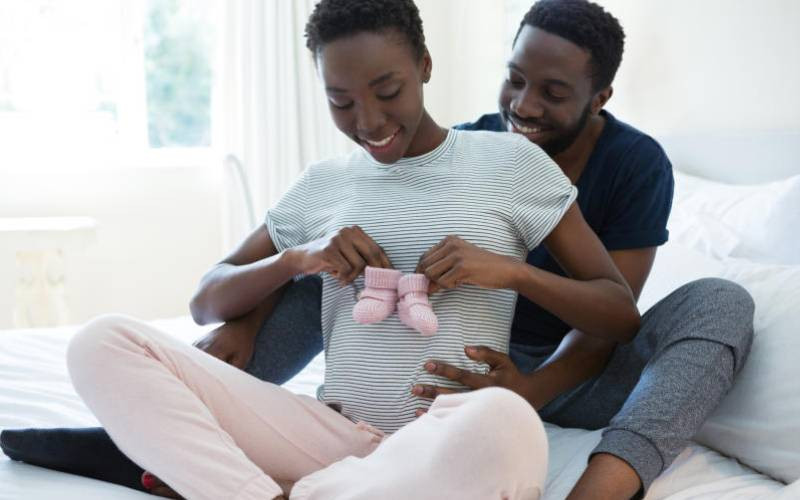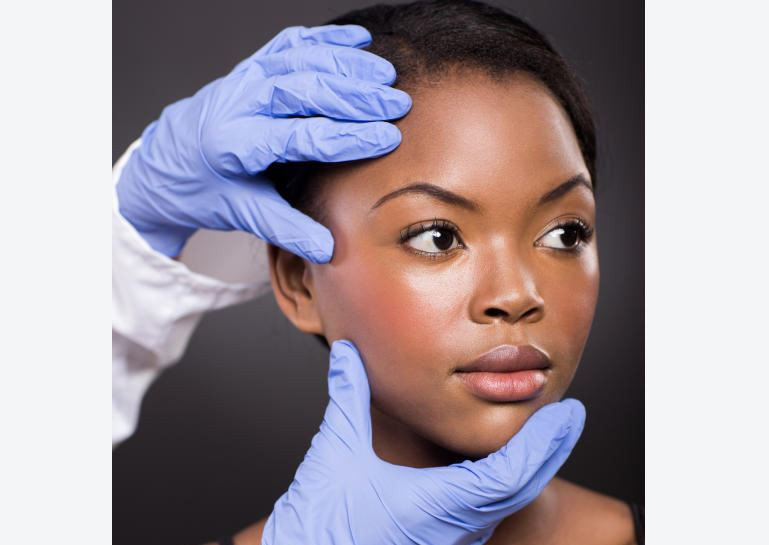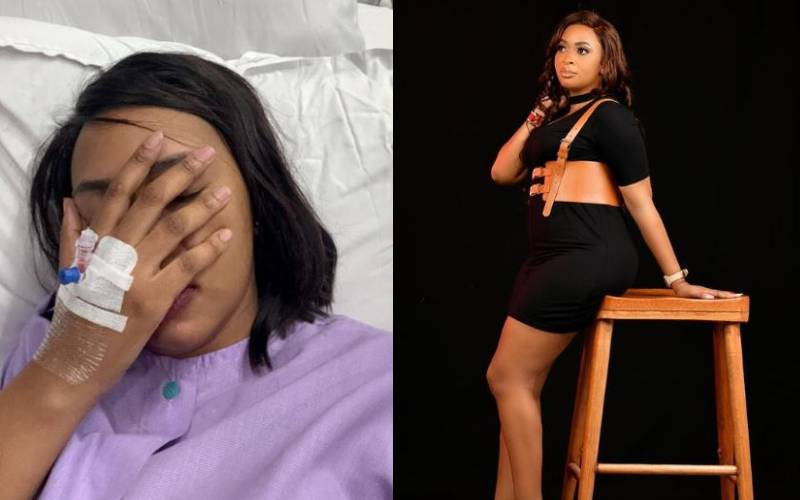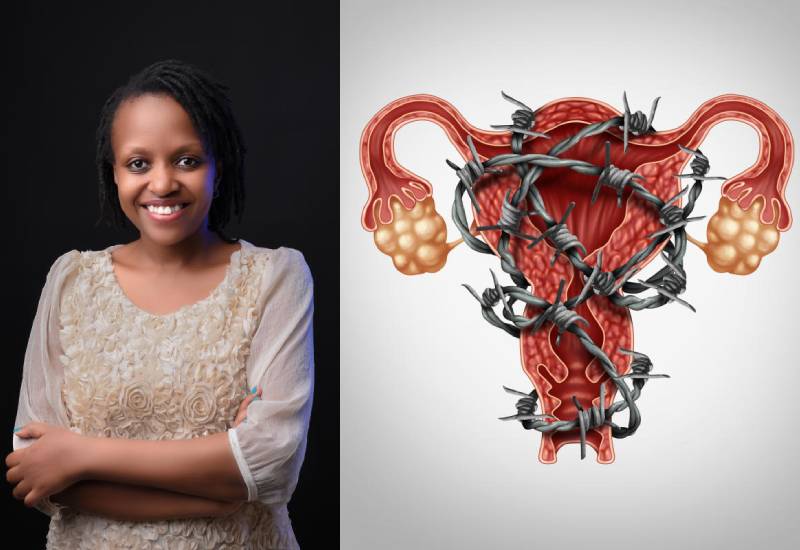
Agnes Mukuna knows what it means to experience abnormally painful menses.
“I was 16 when I started to menstruate. Not long after I noticed that I complained of pain more than other girls my age. I experienced debilitating pain. The kind that made even concentrating in class an impossibility,” she says.
The flow was so heavy that she developed anaemia.
“The best way to describe the pain is the feeling of being stabbed continuously with a knife.
“The pain is so immense in the abdomen and it spreads all the way to the spine and down the legs.”
Mukuna, with the help of her father, sought help from obstetricians and gynaecologists who, after many attempts, positively diagnosed her with endometriosis.
Patients with the disease experience debilitating pain during menstruation.
Endometriosis patients suffer the misfortune of having tissues of uterine nature grow in other parts of the body other than the uterus.
“In endometriosis, the part of the uterus that bleeds is also found in other parts of the body where it is not expected – like the fallopian tubes, the ovaries and so on.
“In some rare cases, the tissues are found in the lungs, joints and kidneys,” says Dr Kireki Omanwa, a fertility specialist and the President of Kenya Obstetrical and Gynaecological Society (KOGS).
During periods, a woman with endometriosis does not just bleed in the uterus but also in the part of the body where the unexpected uterine tissues have grown.
“The disease is still an enigma: we are moving towards understanding it better,” says Dr Omanwa.
So far, not much is understood as to how and why uterine tissues develop (or get transported) to far-flung parts of the body.
Further investigations on Mukuna determined that she had endometriosis in her appendix, small intestines, liver, ovaries and the fallopian tubes.
“I had surgery to remove the appendix. I have had other surgeries too. One time it was found that my intestines had stuck together from bleeding,” she says.
So far, Mukuna has undergone six surgeries and has to manage her pain with drugs that cost approximately Sh50,000 per month.
According to Dr Omanwa, the fact that not much is understood about the disease has made it difficult to diagnose. “Research shows that for many women with endometriosis, it takes approximately 12 years for a proper diagnosis to be made.”
Treatment and management for endometriosis, the doctor says, are dependent on the stage of the disease. These may involve hormonal medications, painkillers, or surgery.
Today, the world marks the Menstrual Hygiene Day (MH-Day), initiated in 2013 to raise awareness and change negative social norms around menstruation.
“KOGS advises women that they should seek help as soon as possible if they experience strange, painful or unusual discomfort during menstruation. The earlier the condition is diagnosed, the earlier treatment commences and the higher the chances of healing,” he says.
Endometriosis, says Dr Angela Anzeze, an obstetrician and gynaecologist at the Kenyatta National Hospital, is just one among several challenges women experience with menstruation.
The following scenarios could also cause alarm:
Heavy Bleeding: Women with normal menstrual flow will need to change sanitary pads approximately every 4 to 6 hours, says Dr Anzeze. Those experiencing heavy flows have to change pads every one hour or so. Heavy bleeding could be caused by hormonal imbalances, structural abnormalities (such as fibroids), or other medical conditions. In extreme cases, it could cause anaemia. No menstruation: Women of reproductive age, says Dr Anzeze, ought to menstruate. “We expect that girls will get their first menses between ages 11 and 16. Menstruation stops after menopause has kicked in,” the doctor says. No menstruation in a woman of reproductive age – where there is no history of contraceptive usage – will call for medical evaluation, she says, as it may be a pointer to other conditions. Pain during menses: Menstruation is often accompanied by some pain and discomfort. However, the pain should not be too much that it stops one from going about their day to day activities. “Extreme pain calls for further checks and follow-up treatment,” Dr Anzeze says. Irregular menses: The doctor says that on average, a woman gets their period every 28 days. “The variation is three to four days,” she explains. Women with irregular menses might get periods twice a month or once every two months. “Which is not normal,” Anzeze says. Irregular menses, she says, often point to hormonal imbalance problems that may need to be rectified as this may be a pointer to infertility. The Standard Group Plc is a multi-media organization with investments in media platforms spanning newspaper print
operations, television, radio broadcasting, digital and online services. The Standard Group is recognized as a
leading multi-media house in Kenya with a key influence in matters of national and international interest.
The Standard Group Plc is a multi-media organization with investments in media platforms spanning newspaper print
operations, television, radio broadcasting, digital and online services. The Standard Group is recognized as a
leading multi-media house in Kenya with a key influence in matters of national and international interest.



